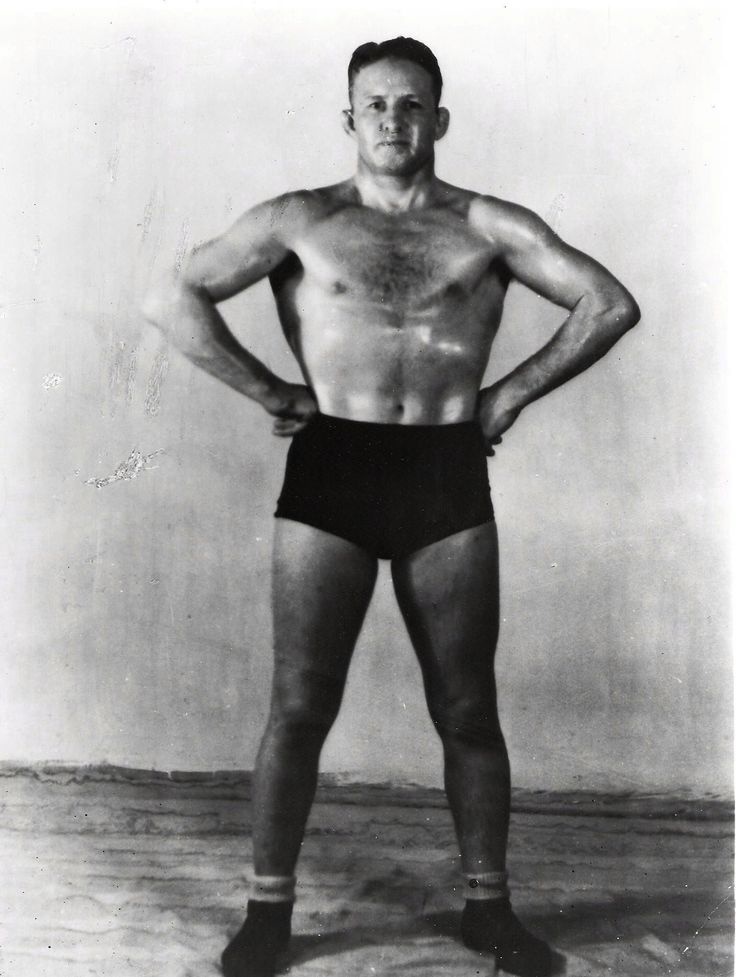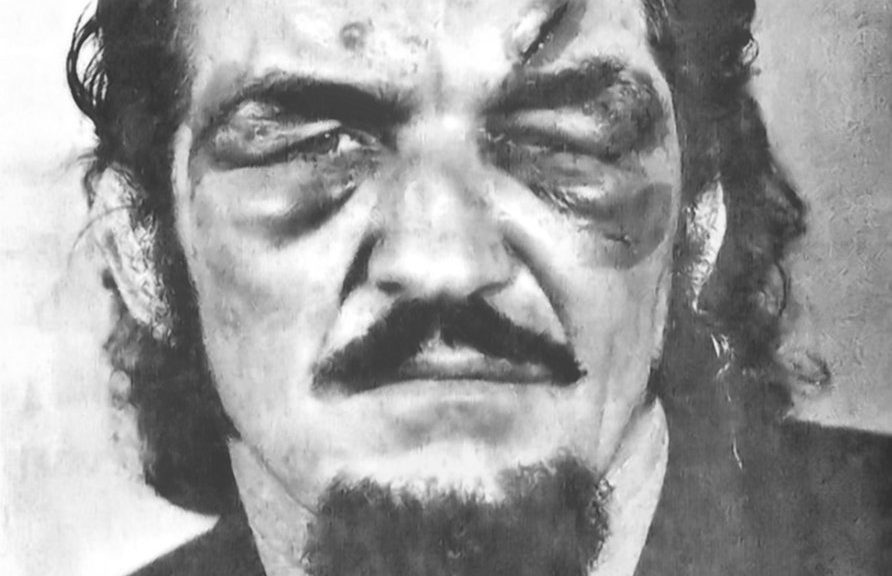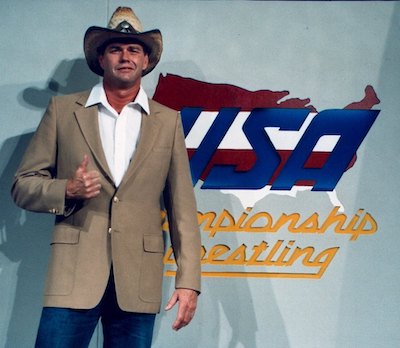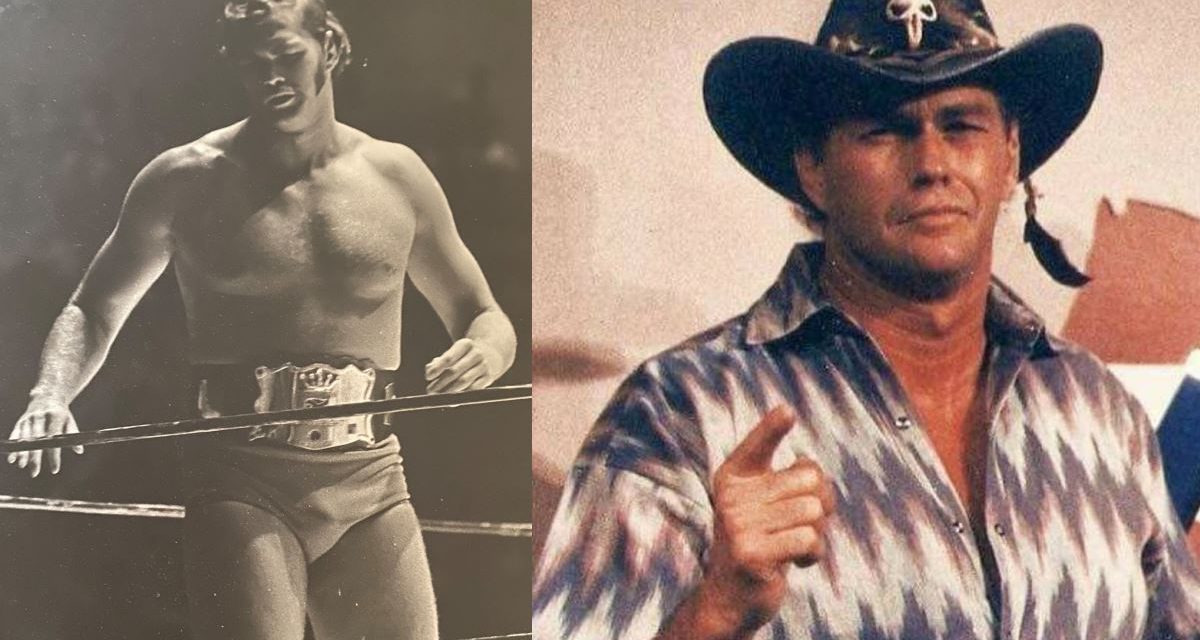These are difficult times, no doubt. We are facing one of the greatest challenges ever presented to the human race. People wonder what the future will bring, if they will ever have a job again, if they can hold on to their homes, if they can put enough food on the table to feed their families.
Since many of us don’t have anything to compare this pandemic to from within our own lifetimes, we are forced to look back in history for anything that can offer us a clue. Be it the Spanish Flu, the Great Depression, World War II, or what have you. Just seeing how people survived when tomorrow only looks like darkness can give you a shred of hope.
Ron Fuller and his entire family know what it’s like to struggle. The family, which encompasses more than 20 individuals, with legendary names like Welch, Golden and Fields under the same banner, has faced adversity many times and come out standing strong. For 100 years, their family has always managed to succeed, no matter what.
“I come from that kind of background,” said Fuller in an interview with SlamWrestling.net. “We don’t take no for an answer very easily, especially when there’s something we want to do and something we want to accomplish. Nothing worthwhile comes easy.”
Young Ron Welch (Fuller is his professional name) learned early on what his grandfather, Roy Welch, needed to do just to stay alive during some very difficult years. Ron said, “I used to talk and travel with my grandad a lot when I was a kid, from eight-years-old, up until age 12, and he would tell me stories about how he got started.”
In the early 1900s, Roy took odd jobs, like picking cotton – anything he could do to survive. It was while he was working in the oil fields in Amarillo, Roy happened to go to the wrestling matches (back when such events were a rarity). There he met Dutch Mantell, a tough-as-nails shooter who could best any man. Roy was so impressed with the wrestler and his skill, he begged Mantell to train him. During their first training session, Mantell mindfully broke the young man’s wrist as a deterrent. When Roy returned a few months later, Mantell broke several ribs. When Roy came back a third time, the salty shooter finally decided that Roy had the heart and the guts to be a wrestler, and he agreed to train him.
“Roy was the type of guy who wasn’t going to fail,”said Fuller. “He never considered failure.”

A young Roy Welch.
Roy trained with Mantell for around four years, becoming so good that he eventually could defeat his trainer. Roy got sent up to Columbus, Ohio – one of the first territories in the United States. (Toledo and Columbus were the two key territories in the region.) Roy wrestled two to three times a week and started learning the business end of things.
“He got a feel for how the guy at the top was running that territory – how it all worked,”said Fuller. Every wrestler made good money, but the guy at the top made huge money. He wanted to be successful, at all costs. Things looked bleak at times, especially amidst the Great Depression, but Roy saw an opportunity in professional wrestling to make something of himself.
Fuller said,“He wanted to be somebody. He wanted not just to be a wrestler, he wanted to run wrestling matches.” After four years in Columbus, Roy started running shows in the small town of Dyersburg, Tennessee, deciding he would develop his company from there.
At one point he was running 12 states in the south. Since he couldn’t possibly operate all of those territories on a hands-on basis, Roy brought in trusted family members to run things in areas he didn’t have constant access to. Eventually he brought in an outside partner, Nick Gulas, who possessed a lot of smarts and a strong business acumen, to form Gulas-Welch Wrestling Enterprises Inc. in the Nashville and Knoxville areas.
None of the wrestling fans ever knew Roy was the owner, as he continued to wrestle. This carried on to Ron, who lived a constant duality through his southeastern and continental promotions.

To draw bigger houses, and to add a level of legitimacy to professional wrestling, Ron’s Father, Buddy Fuller, tangled with Mario Galento in two very gruesome shoot fights. Pictured here, Galento after one of the matches.
Through the Great Depression, several wars and other national and worldwide challenges, the Fuller and Welch families endured. Many people succumbed to the suggestion that things were so bad, that there was no way they would ever be able to pull out of it. No one in Ron Fuller’s family would have anything to do with that line of thinking. It was that attitude that helped sustain them even as others floundered.
“You can’t be successful if you’re not optimistic,”said Fuller. “How are you ever going to get there if you don’t have optimism in you?”
Ron struggled in his own way on his path to success. He purchased the rights to promote in Knoxville, Tennessee for $150,000 from promoter John Cazana in 1974. Ron said it was a pitiful territory, with one of the worst wrestling shows he had ever seen, but the area had incredible potential, and he felt it could eventually be a thriving territory.
The beginning was extremely painful, as he was basically building from scratch. “My first year in Knoxville, I suffered horribly. My family, we didn’t have much food on the table,”said Fuller.
Even though everybody – including his own father – thought he was crazy, and insisted he was going to fail, Fuller held on to what he believed in.
“I’m so glad I didn’t leave… that I didn’t give up,” said Fuller. Southeastern Championship Wrestling emerged as one of the most successful NWA territories in the United States.
“I’ve always had that attitude: If you want to do it, you can do it. Anybody can do that if they work hard enough and they are just not going to settle with failure.”
When his businesses started to struggle, Fuller would go on to start another one. It was something that was in his blood. When his father, Buddy Fuller, started to have issues with the Tennessee state athletic commission, who were hell bent on forcing him out of Memphis, Buddy left willingly, only to start his own 2,000 acre farm. This farm became a massive success, just as his wrestling interests were.
Ron owned several wrestling promotions, including Southeastern Championship Wrestling and Continental Championship Wrestling, and worked in the ring until 1987. He purchased a struggling East Coast Hockey League team called the Nashville Knights and turned them into a runaway success. Later, he did even better with a dealership for ADT, Inc. security systems.
“You’ve got to transition. That’s what life’s all about,”said Fuller adamantly. “I’ve always felt whatever is going to be next may be even better.”

Ron Fuller stands in front of the USA Championship Wrestling banner. Another company he got off the ground.
Fuller, now in his early 70s, hosts a very popular weekly podcast called Ron Fuller’s Studcast, which covers his and his family’s life in professional wrestling, as well as the growth of Southeastern Championship Wrestling. He recently released his first novel, a fictional suspense thriller called Brutus, and that has also become a huge hit. He is very pleased that he can offer a bit of comfort and escape during these trying times.
On his recent Super Studcast, Fuller and his guests directly addressed how COVID-19 has affected the professional wrestling business. It’s a fascinating and very personal document. Fuller is, naturally, saddened by the current state of the world, and how it has harmed the industry that his family has been involved in for over a century, but his natural sense of optimism makes him know that this current situation is not forever.
“We’re going to come back,”said Fuller. “There’s going to be a lot of changes for a lot of people. People will be back working. You may not be at your same job, but you will have a job – that’s the important part.”
Ron Fuller’s Studcast is available on all major podcast apps. The Super Studcast and Brutus are both available at his website.
RELATED LINK:
- Aug. 22, 2013: Guest Booker with Robert Fuller a philosophical discussion

